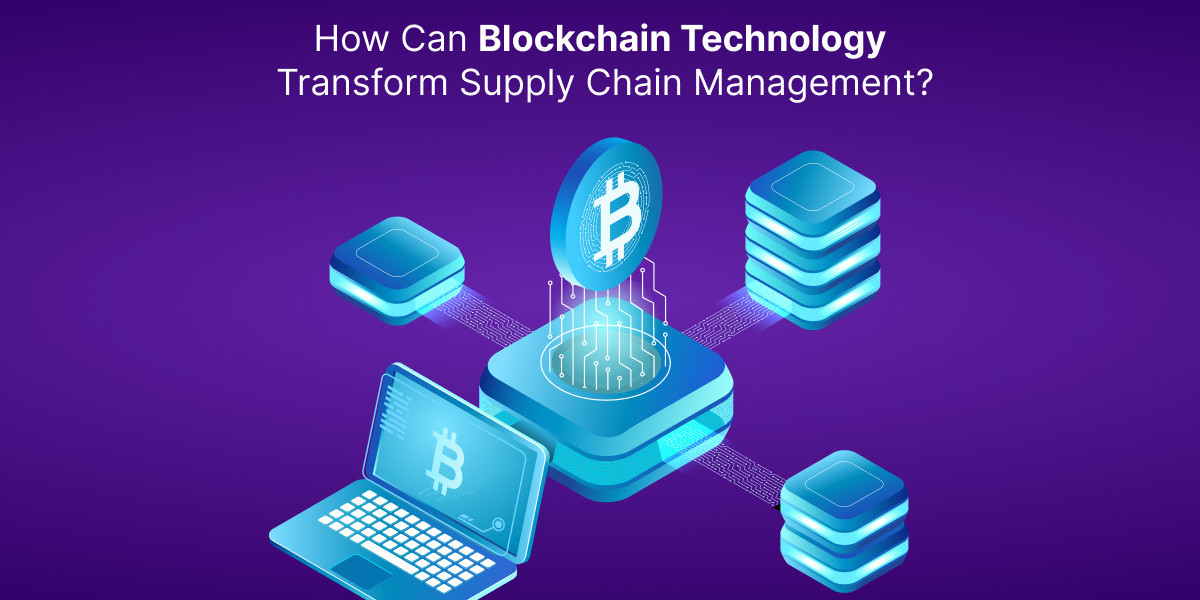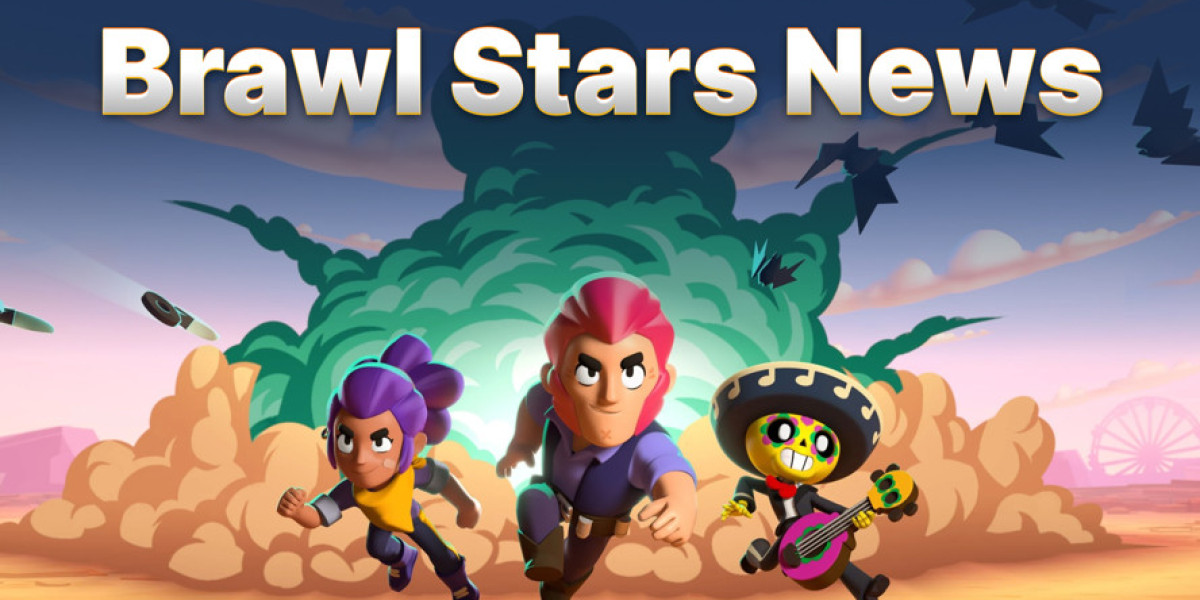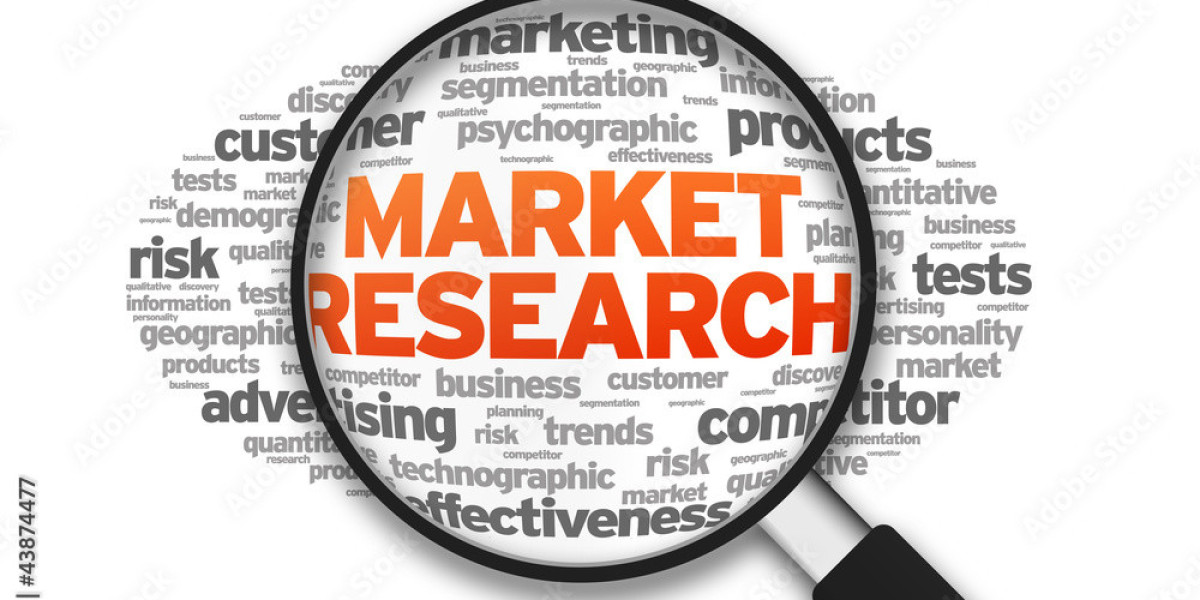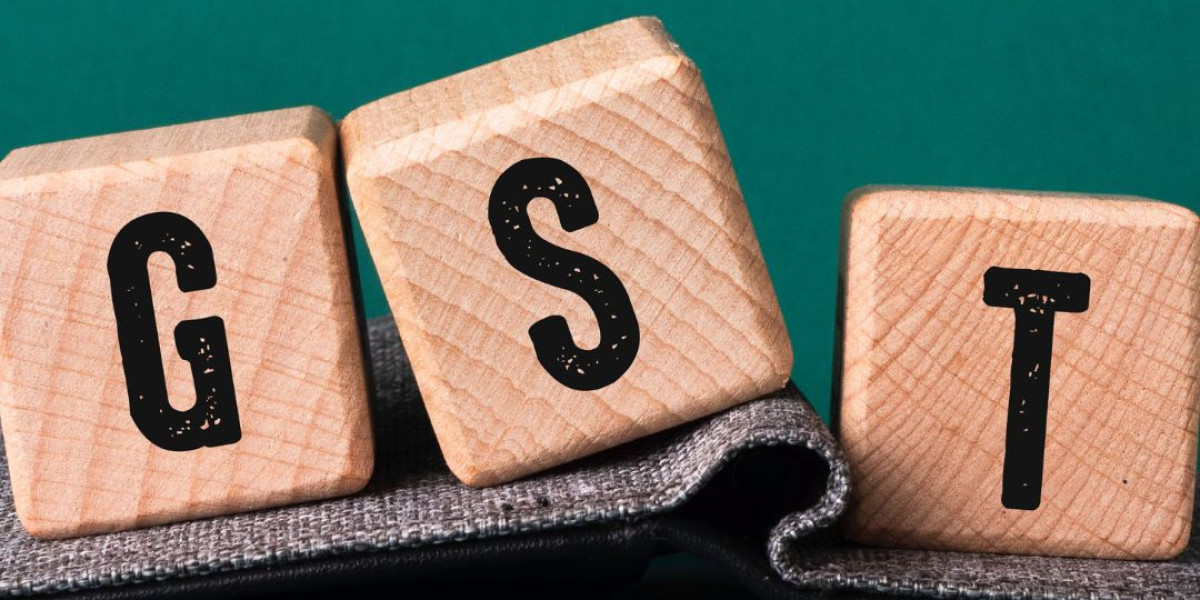In today’s fast-paced and global business world, supply chain management has become more complex than ever. Companies are always looking for ways to improve transparency, track shipments better, reduce costs, and increase trust between all parties involved. This is where blockchain technology comes in.
Blockchain may be best known for powering cryptocurrencies like Bitcoin, but its use goes far beyond digital currency. One of the most exciting areas where blockchain can make a huge difference is in supply chain management. It offers a secure, transparent, and reliable way to store and share information across multiple points in a supply chain.
Let’s take a closer look at what blockchain is, how it works, and how it can help businesses improve their supply chain operations.
What Is Blockchain Technology?
Blockchain is a digital system that records information in a way that makes it very difficult to change or hack. It works like a digital ledger that keeps a record of transactions or data entries across a network of computers. Each time data is added, it is stored in a block, and these blocks are linked in a chain—hence the name blockchain.
Unlike traditional databases that are controlled by a central authority, blockchain is decentralized. This means no single person or company owns it. Everyone on the network has access to the same data, and any changes made are visible to all participants.
Why Is Supply Chain Management So Challenging?
Managing a supply chain involves several parties—suppliers, manufacturers, distributors, retailers, and customers. Each step involves handling products, paperwork, payments, and information sharing. Mistakes, delays, and miscommunication are common.
Here are some of the main challenges:
- Lack of real-time visibility
- Difficulty tracking goods from start to finish
- Delays caused by manual processes
- Fraud and counterfeit products
- Limited trust between parties
Blockchain can help solve many of these issues by improving how data is stored, verified, and shared.
Key Ways Blockchain Can Transform Supply Chains
1. Real-Time Tracking and Transparency
With blockchain, every step in the supply chain can be recorded in real-time. From when a product leaves the factory to when it reaches the store, each movement is logged in a secure, tamper-proof way.
This gives businesses and customers a clear picture of where a product is at any moment. For example, if there’s a delay in delivery, companies can find out exactly where the issue occurred and fix it quickly.
2. Reducing Fraud and Counterfeit Products
Counterfeit goods are a major problem in industries like fashion, pharmaceuticals, and electronics. Blockchain helps fight this by providing proof of authenticity.
Each product can have a unique digital ID stored on the blockchain. Buyers can scan a code to confirm whether the item is real and see its journey through the supply chain. This builds trust and protects brand reputation.
3. Better Inventory and Logistics Management
Traditional supply chains rely on outdated systems and manual updates, which can lead to mistakes. Blockchain helps create smart contracts—automated digital agreements that trigger actions when certain conditions are met.
For instance, when a shipment arrives at a warehouse, a smart contract can automatically update the inventory and trigger payment. This reduces human error and speeds up operations.
Read More: How a Binance Clone App Can Accelerate Your Crypto Business
4. Improved Communication Between Stakeholders
Blockchain offers a single source of truth that everyone in the supply chain can access. Instead of relying on emails or paperwork, all participants use the same data in real time.
This improves communication between suppliers, transporters, and retailers. It also makes it easier to settle disputes because the data is clear and can’t be changed.
5. Enhancing Sustainability and Compliance
Today, more customers and businesses care about sustainability and ethical sourcing. Blockchain allows companies to trace materials back to their origin.
For example, a clothing brand can prove that its cotton came from certified organic farms. Regulators and customers can verify this through blockchain records. It also helps with legal compliance and audits, as all actions are logged and easy to verify.
Real-World Examples of Blockchain in Supply Chains
Several big companies are already using blockchain to improve their supply chains:
- Walmart: Uses blockchain to track food products and reduce waste
- IBM Food Trust: Works with retailers and farmers to improve food traceability
- De Beers: Tracks diamonds to ensure they are ethically sourced
- Maersk and IBM: Use blockchain to streamline global shipping processes
These examples show how blockchain is not just a theory but a working solution already delivering results.
Challenges in Adopting Blockchain
While blockchain has many benefits, it’s not without challenges. Some of the main concerns include:
- High cost of setting up new systems
- Need for training and technical skills
- Resistance to change from traditional methods
- Integration with existing supply chain systems
However, with the right planning and support, these issues can be managed. Many companies are choosing to work with experienced technology partners to guide their blockchain adoption.
Conclusion
Blockchain technology is changing how businesses handle supply chain management. By improving transparency, reducing fraud, speeding up logistics, and increasing trust, it offers real value for companies of all sizes.
As supply chains continue to grow more complex, the need for secure and reliable systems becomes even more important. Blockchain provides a future-ready solution that helps businesses run more smoothly and serve customers better.
If you're looking to build custom blockchain solutions for supply chain or integrate new tech into your existing systems, working with a skilled on-demand mobile app development company can make the process easier and more effective. With the right tools and team, your business can take full advantage of what blockchain has to offer.
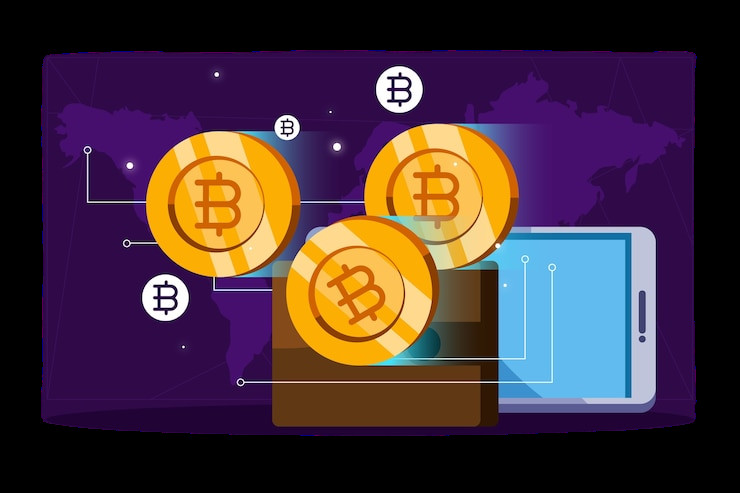
Frequently Asked Questions
What is blockchain in simple terms?
Blockchain is a digital way to store and share information across a network. It creates a secure and transparent record of events that everyone on the network can see.
How does blockchain help in supply chains?
It improves tracking, prevents fraud, speeds up operations, and helps everyone involved share accurate information.
Is blockchain secure for supply chain management?
Yes. Blockchain is built to be tamper-proof. Once data is added, it cannot be changed without the approval of the entire network.
Do I need to replace all my systems to use blockchain?
Not always. Many companies integrate blockchain with their existing systems to improve certain parts of the supply chain, like tracking or inventory.
Can small businesses use blockchain too?
Yes. There are affordable blockchain solutions for small businesses, and many app development companies offer custom tools that fit specific needs.
